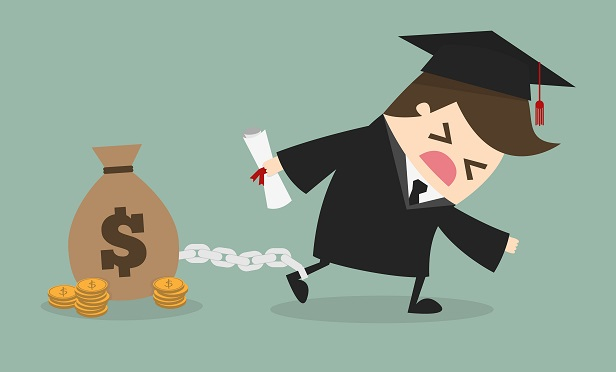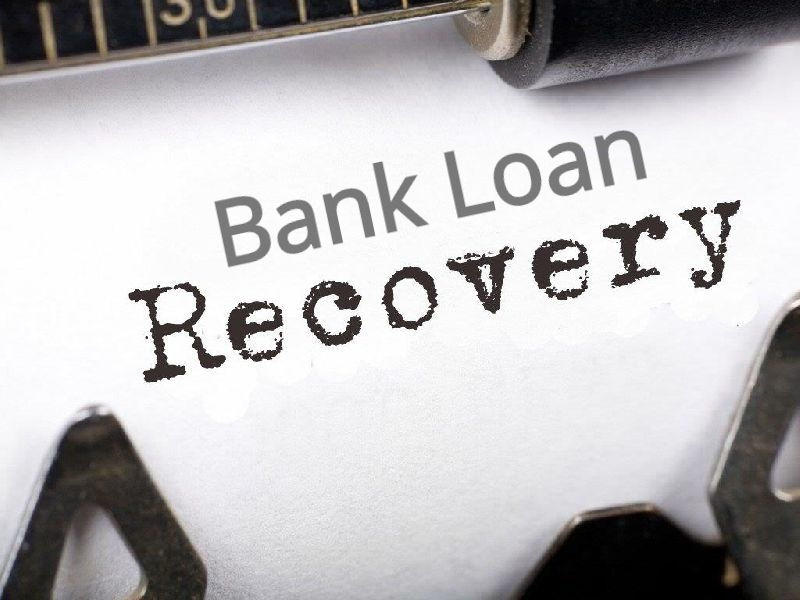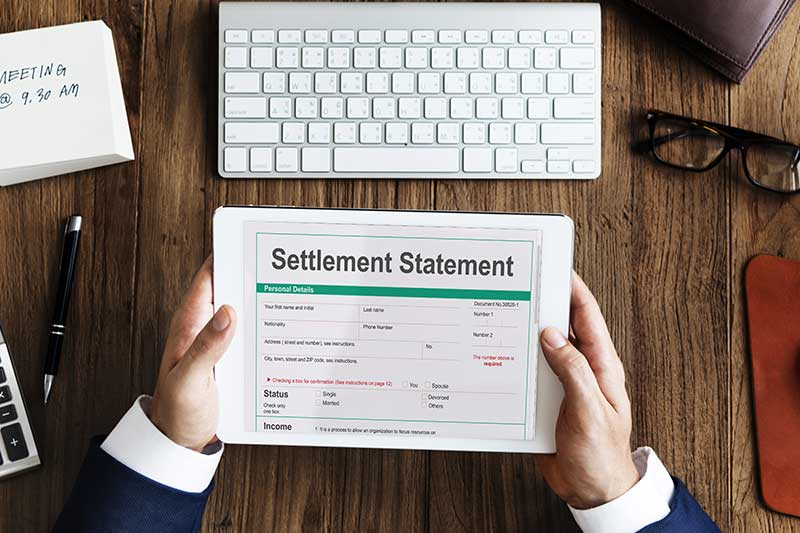The Loan Defaulter Legal Action has become a pressing issue globally as student loan reliance increases. With more students borrowing to finance education, default risks grow for both borrowers and lenders. This article examines the aftermath of education loan defaulter legal action, outlining the legal measures lenders can employ against defaulters and exploring potential remedies. From credit score impacts to wage garnishment and asset seizure, defaulting on education loans can have serious consequences.
However, borrowers facing legal action have options such as negotiating repayment plans, loan rehabilitation, and seeking legal counsel to mitigate the fallout. Education Loan Defaulter Legal Action underscores the importance of understanding rights and exploring avenues for resolution when faced with defaulted education loans. Also, learn more about Debt Relief Strategies by clicking on the link.
Understanding Education Loan Defaulter Legal Action
Before delving into legal action, it’s essential to understand what constitutes defaulting on an education loan. A borrower typically defaults on a loan when they fail to make timely payments as per the loan agreement. In the case of education loans, defaulting can occur if the borrower misses several consecutive payments or fails to meet other obligations outlined in the loan agreement, such as providing required documentation or maintaining academic performance standards.
Consequences of Defaulting on Education Loans
Defaulting on an education loan can have serious consequences for borrowers, including
Negative Impact on Credit Score
Defaulting on a loan can significantly damage a borrower’s credit score, making it difficult to obtain credit in the future for various purposes, such as buying a home or car.
Accumulation of Interest and Fees
Unpaid loans accrue interest and penalties over time, increasing the total amount owed and making it harder for borrowers to repay the debt.
Legal Action by Lenders
Lenders have the right to take legal action against defaulters to recover the outstanding loan amount. This may involve filing a lawsuit, obtaining a judgment, and pursuing collection efforts, including wage garnishment and asset seizure.
Difficulty in Obtaining Further Financial Aid
Defaulting on an education loan can hinder a borrower’s ability to qualify for additional financial aid or scholarships in the future, potentially affecting their ability to continue their education or pursue career opportunities.
Legal Actions Against Education Loan Defaulters
When borrowers default on education loans, lenders have various legal options to recover the outstanding debt. These may include
Filing a Lawsuit
Lenders can initiate legal proceedings against defaulters by filing a lawsuit in court to obtain a judgment for the unpaid debt.
Wage Garnishment
If granted a judgment, lenders may seek to garnish the borrower’s wages, whereby a portion of their earnings is deducted to repay the loan.
Asset Seizure
In some cases, lenders may pursue asset seizure, whereby they can seize and sell the borrower’s assets, such as property or vehicles, to recover the outstanding debt.
Credit Reporting
Lenders may also report the delinquent account to credit bureaus, further damaging the borrower’s credit score and affecting their ability to secure credit in the future.
Remedies for Education Loan Defaulters
Facing education loan defaulter legal action can be daunting, there are potential remedies available for borrowers in this situation. These may include
Negotiating a Repayment Plan
Borrowers can try to negotiate a repayment plan with their lender, whereby they agree to make smaller, more manageable payments over an extended period to settle the debt.
Loan Rehabilitation
Some lenders offer loan rehabilitation programmes that allow borrowers to make a series of on-time payments to bring the loan out of default status and restore their eligibility for benefits such as deferment or forbearance.
Loan Consolidation
Borrowers may also consider loan consolidation, whereby multiple loans are combined into a single loan with a new repayment term and potentially lower monthly payments.
Seeking Legal Assistance
Borrowers facing legal action may benefit from seeking legal assistance from a qualified attorney who can provide guidance on their rights and options for resolving the debt.
FAQs: Education Loan Defaulter Legal Action
- What happens if I default on my education loan?
Defaulting on an education loan can have several consequences, including a negative impact on your credit score, accumulation of interest and fees, legal action by lenders, and difficulty in obtaining further financial aid.
- What legal actions can lenders take against education loan defaulters?
Lenders can take various legal actions to recover the outstanding debt, such as filing a lawsuit, obtaining a judgment, pursuing collection efforts, including wage garnishment and asset seizure, and reporting the delinquent account to credit bureaus.
- What remedies are available for education loan defaulters?
Borrowers facing education loan defaulter legal action have potential remedies, including negotiating a repayment plan, loan rehabilitation, loan consolidation, and seeking legal assistance.






Leave A Comment